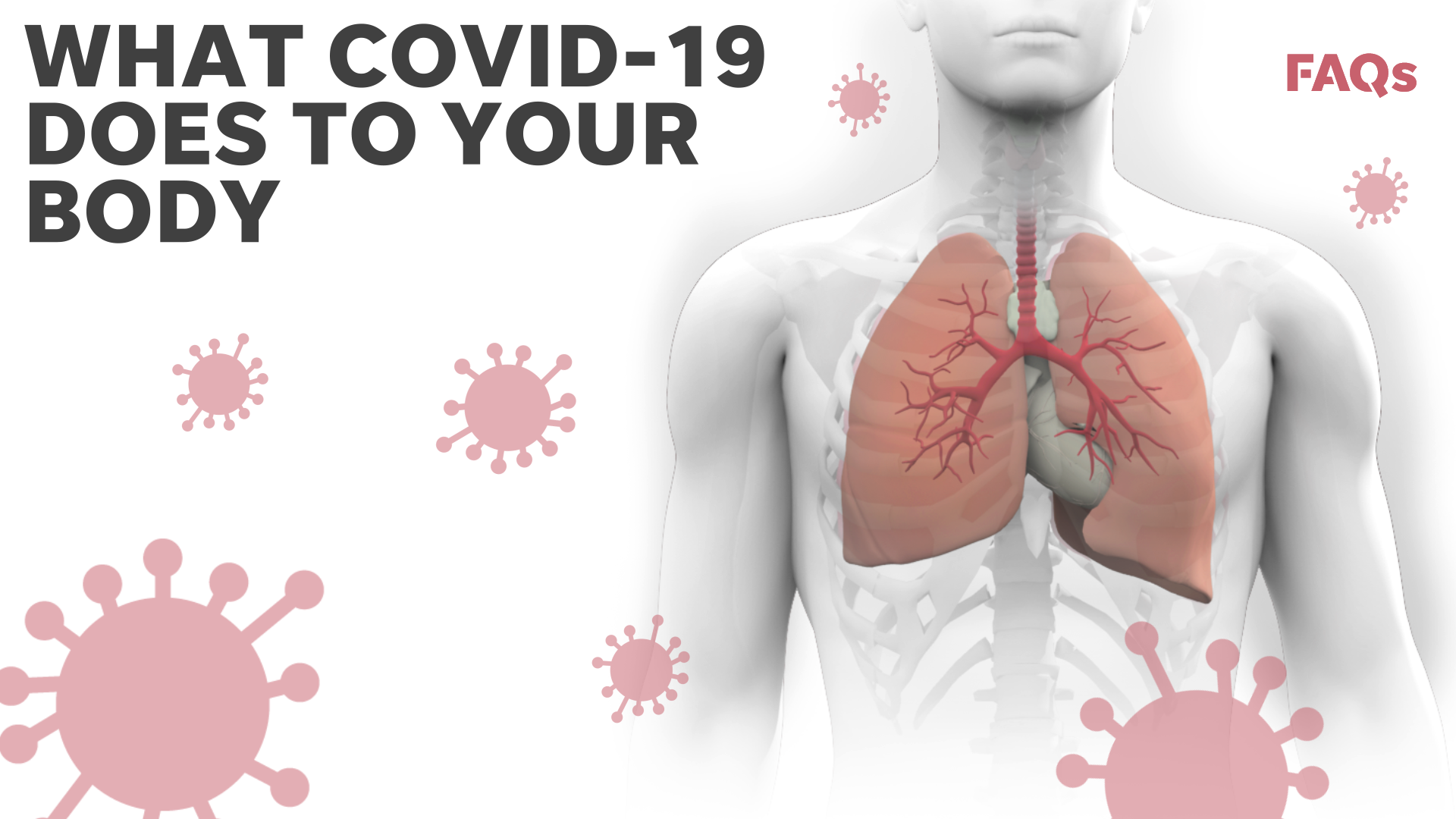Heart failure in children: Another rare COVID-19 complication. Here’s what to look for.

Adam Millar was 18 when he started to experience a cold that wouldn’t go away.
It was the middle of hockey season, so he brushed his symptoms off. After what seemed like two or three months of a cough and fatigue, his cold progressed. “I didn’t even have the energy to stand to brush my teeth,” he told USA TODAY.
Millar’s heart was in failure, he later found out. Heart failure — often caused by myocarditis, an inflammation of the heart muscle — is a rare condition for teens and young adults. It’s more common in older people, often the result of heart function declining over a period of years.
Yet, since the beginning of the pandemic, a very small subset of young people infected with COVID-19 have developed heart failure.
Yes, kids can get COVID-19: More than 1 million have been infected in U.S. since the pandemic’s start, report says
This summer, doctors in New York reported a 2-month-old boy diagnosed with COVID-19 later suffered from heart failure, signaling yet another COVID-19 complication for kids.
The boy had been choking, later turning blue, despite no prior fever, cough or other sign of infection, doctors reported in the Journal of the American College of Cardiology.
That infant represents the youngest-known case of myocarditis caused by COVID-19, Dr. Madhu Sharma told MedPage Today. Sharma is a doctor at the Children’s Hospital at Montefiore at New York City and contributed to the case report.
But that isn’t the first case of myocarditis in young people previously infected with COVID-19.
Twenty-six athletes from Ohio State University with confirmed COVID-19 — who were mildly symptomatic or asymptomatic — underwent heart testing. Nearly 50% showed heart abnormalities, and 15% met the criteria for myocarditis, according to a study from OSU in September.
The roots of heart failure caused by COVID-19 stem from multisystem inflammatory syndrome, or MIS-C, says Dr. Gary Stapleton, a pediatric interventional cardiologist at Texas Children’s Hospital. MIS-C made headlines in 2020 when a small number of children with COVID-19 started showing inflammation in their heart, lungs, kidneys, brain, skin, eyes or gastrointestinal organs. The condition generally responds well to treatment.
Though sometimes heart inflammation in these cases is mild, “it can be quite severe where they require ICU admission and a lot of medications and support,” Stapleton said.
Most kids with COVID-19 don’t develop the inflammatory condition. When they do, they tend to get it about four to six weeks after their initial infection. Since the pandemic began, there have been about 1,200 cases of MIS-C in the U.S. and 20 deaths, according to the American Academy of Pediatrics.
“We don’t really have any way to predict who’s gonna get really sick and who isn’t,” Stapleton said. Still, if not recognized and treated, MIS-C can lead to significant complications.
The number one thing parents can pay attention to? Any changes or disruptions in their child’s normal routine, Stapleton said.
If teens have fatigue, cardiopulmonary issues such as difficulty breathing, or gastrointestinal illness, Stapleton recommends checking in with their doctor.
Source:eu.usatoday.com/story/news/health